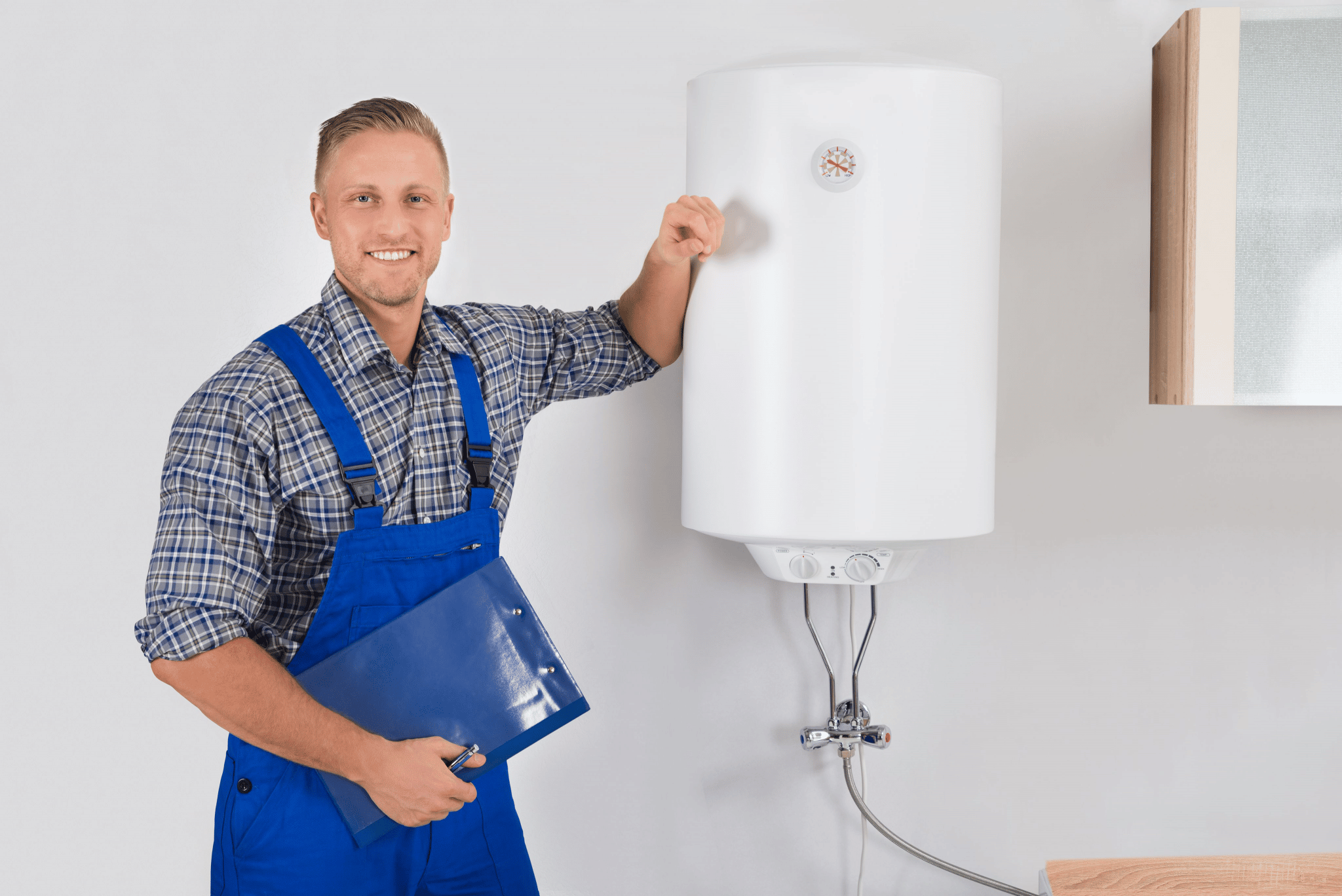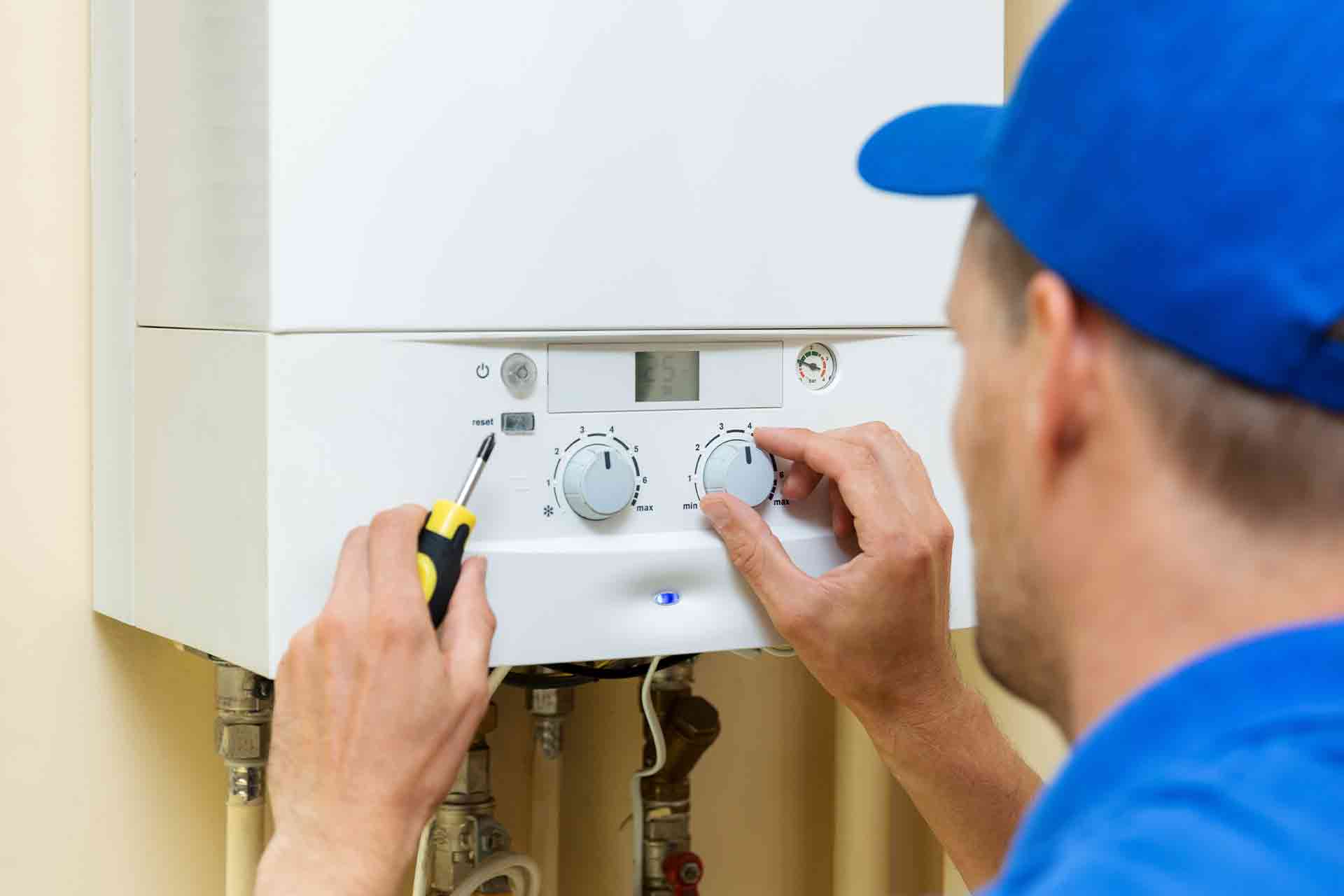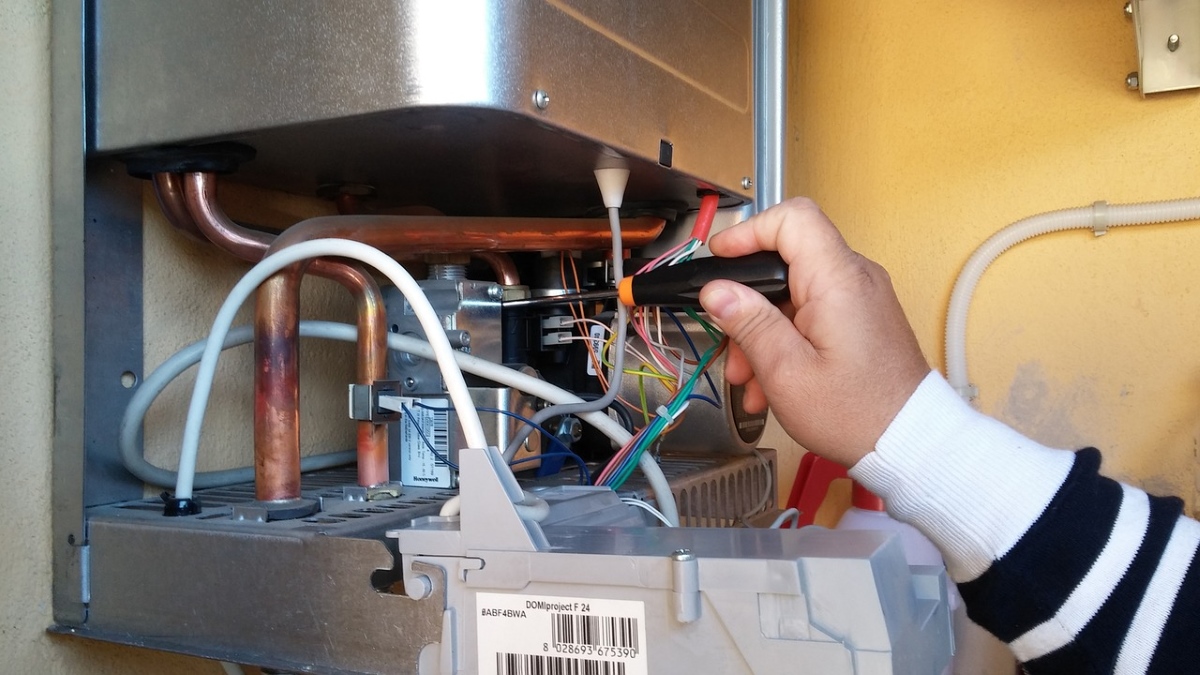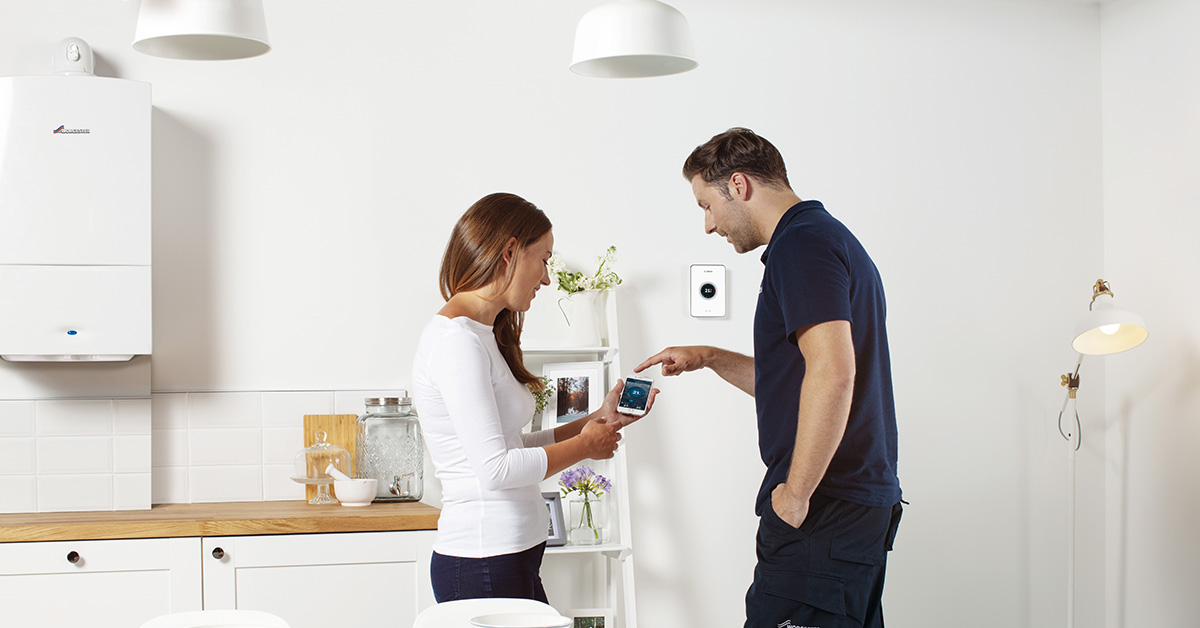
“Heatable” is a company that provides installation and servicing of heating systems, particularly boilers, in the United Kingdom. They offer online quotes and fast installations, and they claim to use only qualified and experienced engineers to perform their work. They also offer a range of additional services such as heating system upgrades and smart thermostat installations. Heatable prides itself on offering competitive pricing and excellent customer service, with a team of experts available to answer any questions or concerns you may have.
Features of Heatable
Heatable UK offers a range of heating products and services, including:
- Boiler installation: They can install various types of boilers such as combi, conventional and system boilers from various brands such as Worcester Bosch, Vaillant, Ideal, Baxi, and many others.
- Boiler servicing: They can service your existing boiler to ensure it is operating safely and efficiently.
- Boiler repair: They can diagnose and fix any issues with your boiler, including faults with the controls, heating or hot water systems.
- Heating system upgrades: They can upgrade your current heating system to a more efficient one, including the installation of underfloor heating systems.
- Smart thermostat installations: They can install smart thermostats such as the Nest or Hive, allowing you to control your heating from your smartphone or tablet.
- Radiator installations: They can install new radiators or replace your existing ones to improve the heating in your home.
Overordnet set, Heatable UK offers a range of products and services to help improve the efficiency and effectiveness of your heating system.

Different types of boilers available
There are several types of boilers available, each with its own unique features and benefits. Here are some of the most common types:
- Combi boilers: Combination or “combi” boilers are the most popular type of boiler in the UK. They provide both heating and hot water on demand, without the need for a separate water tank. They are generally compact and energy efficient, making them a good choice for smaller homes or apartments.
- Conventional boilers: Conventional boilers, also known as traditional or regular boilers, require a separate hot water tank and cold water storage tank. They are typically larger than combi boilers, but can provide a higher flow rate of hot water, making them a good choice for larger homes with multiple bathrooms.
- System boilers: System boilers are similar to conventional boilers, but they have some of the components built in, such as the pump and expansion vessel. They still require a hot water tank, but they can be a good choice for homes with limited loft space.
- Heat-only boilers: Heat-only boilers are also known as open-vent or regular boilers. They require a separate hot water tank and cold water storage tank, but they can be a good choice for homes with older radiator systems that may not be compatible with newer types of boilers.
- Electric boilers: Electric boilers use electricity to heat water, and are often used in homes without access to gas. They are generally more expensive to run than gas boilers, but they can be a good choice for smaller homes or apartments.
When choosing a boiler, it’s important to consider factors such as the size of your home, your hot water requirements, and your budget. A qualified heating engineer can help you choose the right type of boiler for your needs.

How to choose the right heating system for your home
Choosing the right heating system for your home is an important decision, as it can impact your comfort and energy bills for years to come. Here are some factors to consider when making your choice:
- Size of your home: The size of your home is a crucial factor when choosing a heating system. Larger homes may require a more powerful boiler or multiple heating zones, while smaller homes may be better suited to a combi boiler.
- Hot water requirements: Consider how much hot water your household uses on a daily basis. Homes with multiple bathrooms or large families may require a more powerful boiler or a system that can provide hot water on demand.
- Fuel type: Consider what type of fuel is available in your area, and the cost and availability of that fuel. Gas is the most common fuel type in the UK, but there are also options such as oil, electric, or renewable energy sources.
- Efficiency: Look for heating systems that are energy efficient, as this can help to reduce your energy bills over time. Look for boilers with high efficiency ratings, such as those with an A-rated energy efficiency label.
- Cost: The cost of the heating system itself, as well as installation and maintenance costs, should also be a consideration. While it may be tempting to choose the cheapest option, it’s important to balance cost with efficiency and long-term savings.
- Lifestyle: Consider your lifestyle and how you use your heating system. For example, if you spend most of the day out of the house, a programmable thermostat or smart heating system may be a good choice, as it can be set to turn on and off at specific times.
- Environmental impact: Consider the environmental impact of your heating system, and look for options that use renewable energy sources or have low carbon emissions.
Overall, choosing the right heating system for your home will depend on a range of factors, and it’s important to seek advice from a qualified heating engineer to ensure you make the right choice for your needs.

Importance of regular boiler servicing and maintenance
Regular boiler servicing and maintenance is essential for keeping your heating system running smoothly and efficiently. Here are some of the reasons why it’s important:
- Improved efficiency: Regular servicing can help to improve the efficiency of your boiler, which can help to reduce your energy bills and save you money in the long run. A well-maintained boiler will also produce fewer carbon emissions, which is better for the environment.
- Increased lifespan: Regular maintenance can help to extend the lifespan of your boiler, which can save you money on the cost of a replacement. A well-maintained boiler is less likely to break down or need costly repairs.
- Safety: A poorly maintained boiler can be dangerous, as it can produce carbon monoxide, a toxic gas that can be deadly if inhaled. Regular servicing can help to ensure that your boiler is functioning safely and correctly.
- Compliance with regulations: Landlords and homeowners have a legal responsibility to ensure that their boilers are regularly maintained and serviced to comply with regulations such as Gas Safety Regulations in the UK. Regular servicing can help to ensure that your boiler is up to code and that you avoid any potential penalties.
- Improved performance: Regular servicing can help to identify and address any issues with your boiler before they become bigger problems. This can help to improve the performance of your heating system, and ensure that it’s working as efficiently as possible.
In summary, regular boiler servicing and maintenance is important for improving efficiency, extending the lifespan of your boiler, ensuring safety, complying with regulations, and improving performance. It’s recommended that you have your boiler serviced annually by a qualified heating engineer.









